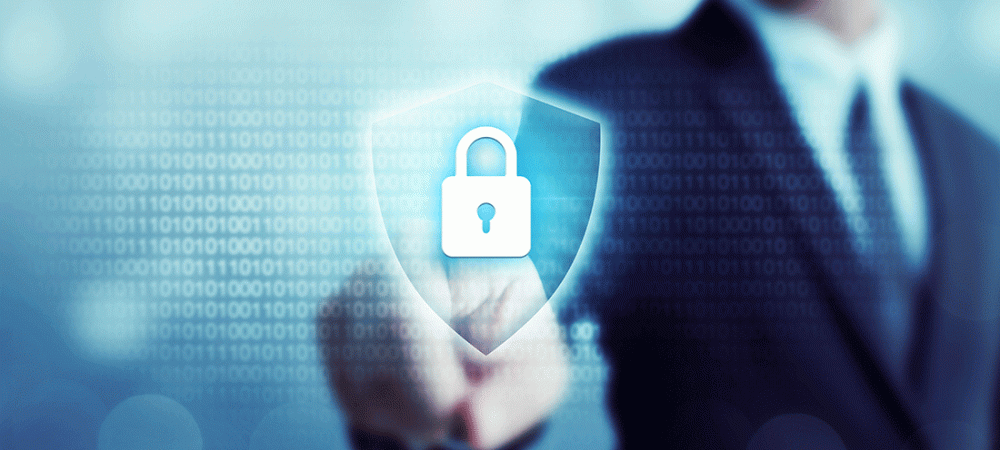On the lighter side of things we ask Yuen Pin Yeap, CEO at NeuShield about what makes him tick
What would you describe as your most memorable achievement?
Prior to founding NeuShield, I developed the first kernel technology that allows security software to attach and control any running processes in any Windows operating system. This hooking technology became the foundation of the behavior blocking component in endpoint security products. Although I have developed many software programs in my life, this one is especially memorable due to its impact on the security world. To this day, this core driver technology is still heavily utilized and can be found on tens of millions of devices. It was the first time that something I had created became ubiquitous and has an impact on protecting users from day-zero malware.
What first made you think of a career in technology?
Back in the 80s, I got my first computer when I was in high school. It was an Apple II clone named Cubic 99 that was made by a then little-known company, Creative Technology. My affinity for programming began after I taught myself how to write programs to solve various math problems for school. That’s when I realized it would be pretty awesome to have a job that allows me to write computer software.
What style of management philosophy do you employ with your current position?
Throughout my professional career, I have met many great talented people. I find the best person in their line of work and delegate them full responsibility and ownership to do their job. The idea is to develop equity sharing with my employees so that they feel that they are part of the team and part of the company. Working alongside my employees and playing to people’s strengths allow for the entire team to succeed.
What do you think is the current hot technology talking point?
For the duration of COVID, technology that enables remote workers to do their job efficiently and securely will be the biggest talking point. Some companies may even permanently allow most employees to work from home. As a result, the security aspect of working from home will need to be addressed by the industry. For example, companies that used to protect only their corporate offices now may need to extend their solutions to protect all the endpoint devices that employees take home.
How do you deal with stress and unwind outside the office?
Besides going on walks with my family, I spend my time gardening. Over the years, I have purchased many subtropical plants that I have in my greenhouse. It’s always a treat when I can eat a sapodilla fruit grown in my backyard.
If you could go back and change one career decision what would it be?
I would not change anything about my career path because of all the knowledge that I have gained overall. I have really enjoyed working in this field; however, if I could change one thing it would be to have started my own company sooner.
What do you currently identify as the major areas of investment in your industry?
A big part of the investment is to search out and find attacks that are happening and update the product to be able to detect the latest attack. For example, the ransomware attackers are now threatening to post the customer’s data on the Internet in addition to encrypting and corrupting the data in-house. This means companies have to have a solution to not only recover the damaged data, but also find ways to mitigate data leakage.
What are the region-specific challenges when implementing new technologies in North America?
In North America especially, there are so many options and choices for security software that it becomes difficult for customers to distinguish what is the best choice. Companies are often content with their existing solutions because they have been told many times over that they are well protected. One of the challenges that I have experienced when trying to implement our technology is explaining to potential users as to why they are not well protected from ransomware. Presently, the strategy of using detection and backups to protect systems from ransomware is ineffective. Detection is not bulletproof and restoring backups typically cause unacceptable downtime to the business. Therefore, changing a user’s perspective on security has been the challenge.
What changes to your job role have you seen in the last year and how do you see these developing in the next 12 months?
In the past year, I have had the opportunity to expand my company to other countries. This allowed my role to include more aspects of international business development and the associated nuances. It has been a great experience to understand the differences of doing business in the US versus abroad. I’m excited to continue this journey and see how I can continuously grow the organization.
What advice would you offer somebody aspiring to obtain a C-level position in your industry?
My advice to individuals seeking a C-level position would be to find a niche within their desired industry. By recognizing your strengths and being able to point out what differentiates you in the industry, you are then able to create space in an already saturated industry. Along with recognizing your personal strengths, my other piece of advice is to find strengths in others that complement yourself so that you can build a strong team. Through successful management of teams, you are building a reputation of your capability to lead, which in turn will garner trust with executives. Over time, you will grow into a natural leader ready to take on any C-level position.


